Bankrate Score = 4.3/5
Bankrate scores are objectively determined by our editorial team. Our scoring formula weighs several factors consumers should consider when choosing financial products and services.
Interest will typically be quoted as an annual percentage rate (APR),
which reflects interest rate and any other charges and fees you may have to pay.
Bankrate Score = 4.3/5
Bankrate scores are objectively determined by our editorial team. Our scoring formula weighs several factors consumers should consider when choosing financial products and services.
Interest will typically be quoted as an annual percentage rate (APR), which reflects interest rate and any other charges and fees you may have to pay.
on BusinessLoans.com
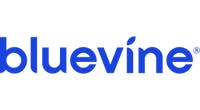
Marketing Bullets:
- Credit lines up to $250,000
- Access funds within hours
- No prepayment or monthly fees
- Dedicated account manager and customer support
Disclosures:
Bluevine is a financial technology company, not a bank. Banking Services provided by Coastal Community Bank, Member FDIC. Bluevine accounts are FDIC insured up to $250,000 per depositor through Coastal Community Bank, Member FDIC. The Bluevine Business Debit Mastercard® is issued by Coastal Community Bank, Member FDIC pursuant to a license from Mastercard International Incorporated and may be used everywhere Mastercard is accepted. Mastercard is a registered trademark, and the circles design is a trademark of Mastercard International Incorporated. See the Coastal Community Bank Privacy Policy.
Application is subject to approval. No monthly or maintenance fees. Card Replacement Fees and Wire Transfer Fees may apply.
Banking Services for payments made via ACH or wire from the Bluevine Business Checking Account are provided by Coastal Community Bank, Member FDIC. Certain Bill Pay funds, including Bill Pay with Credit Card, are temporarily held during payment processing by Silicon Valley Bank, N.A., a full-service bridge bank created and operated by the FDIC. Bridge bank services are subject to change without notice and may not be offered continuously. Money transmission services for International Payments are provided by a third party and are also subject to their applicable terms and conditions.
The Bluevine Line of Credit is issued by Celtic Bank, a Utah-chartered Industrial Bank, Member FDIC. Applications are subject to credit approval. Rates, credit lines, and terms may vary based on your creditworthiness and are subject to change. Additional fees apply.
PPP loans are made by one or more approved U.S. Small Business Administration (SBA) lenders. Loan agreements will identify the issuing lender to small businesses at signing. Qualified applications will be submitted to the SBA as soon as possible. Bluevine does not guarantee that applications will be processed and submitted before PPP funds are no longer available. Approval and loan forgiveness are subject to your availability to meet government-set eligibility requirements.
Certain financing may be made or arranged pursuant to California Financing Law-License No. 6054789.
All other product names, logos, brands, trademarks, and registered trademarks are property of their respective owners. All company, product, and service names used in this website are for identification purposes only. Use of these names, trademarks, and brands does not imply endorsement.
® 2023 Bluevine Inc. All Rights Reserved. “Bluevine” and the Bluevine logo are registered trademarks of Bluevine Inc.
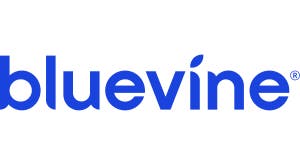
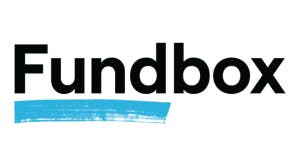
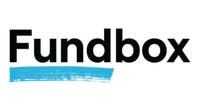
.png?optimize=medium&format=pjpg&auto=webp)
.png?optimize=medium&width=200&format=pjpg&auto=webp)
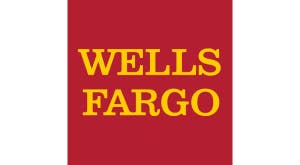
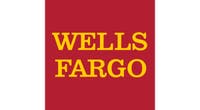
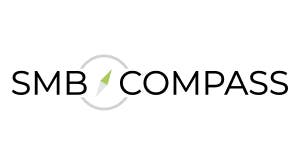
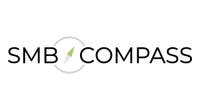
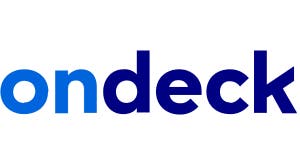
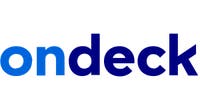




.png?auto=webp&fit=&width=200&format=pjpg)







